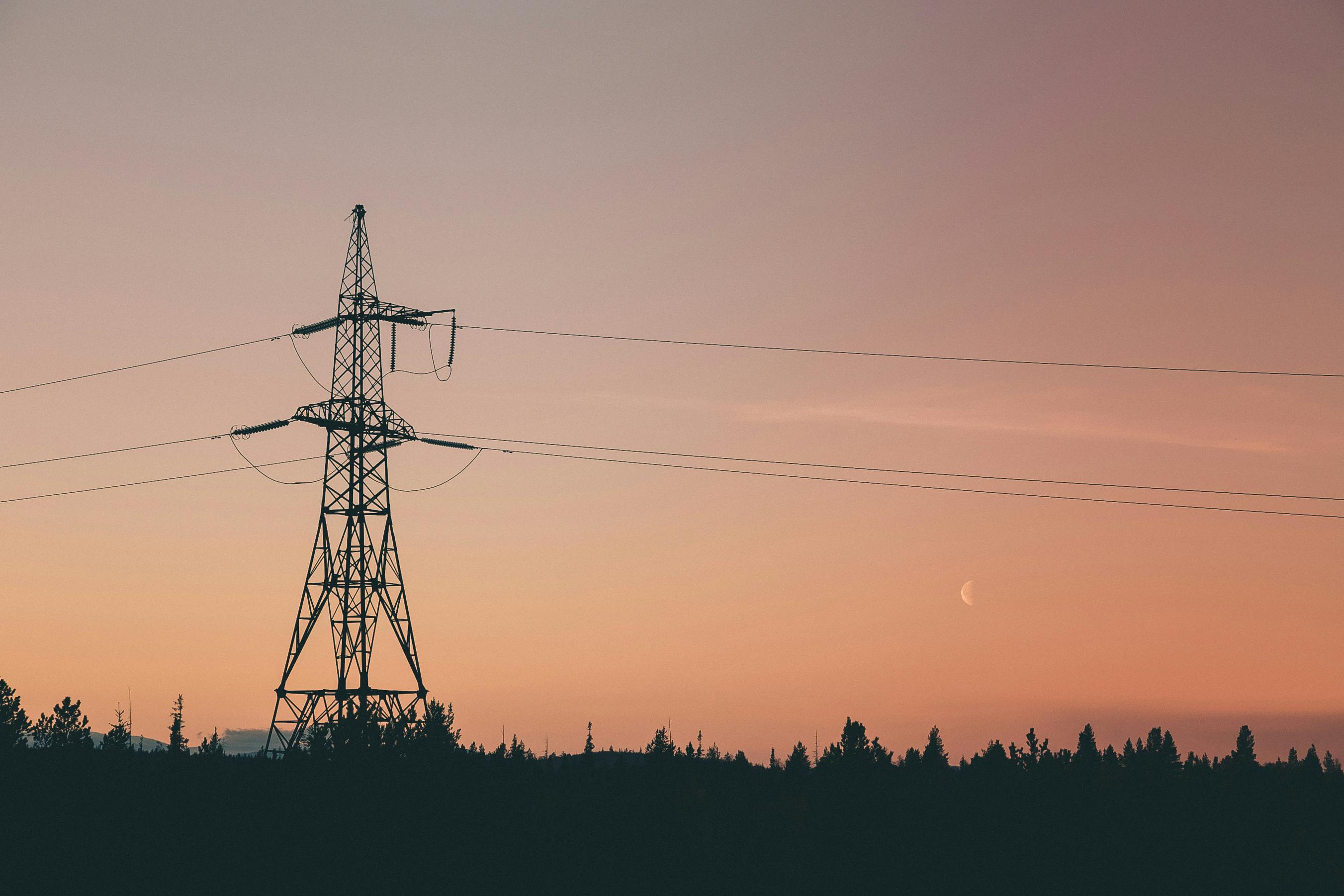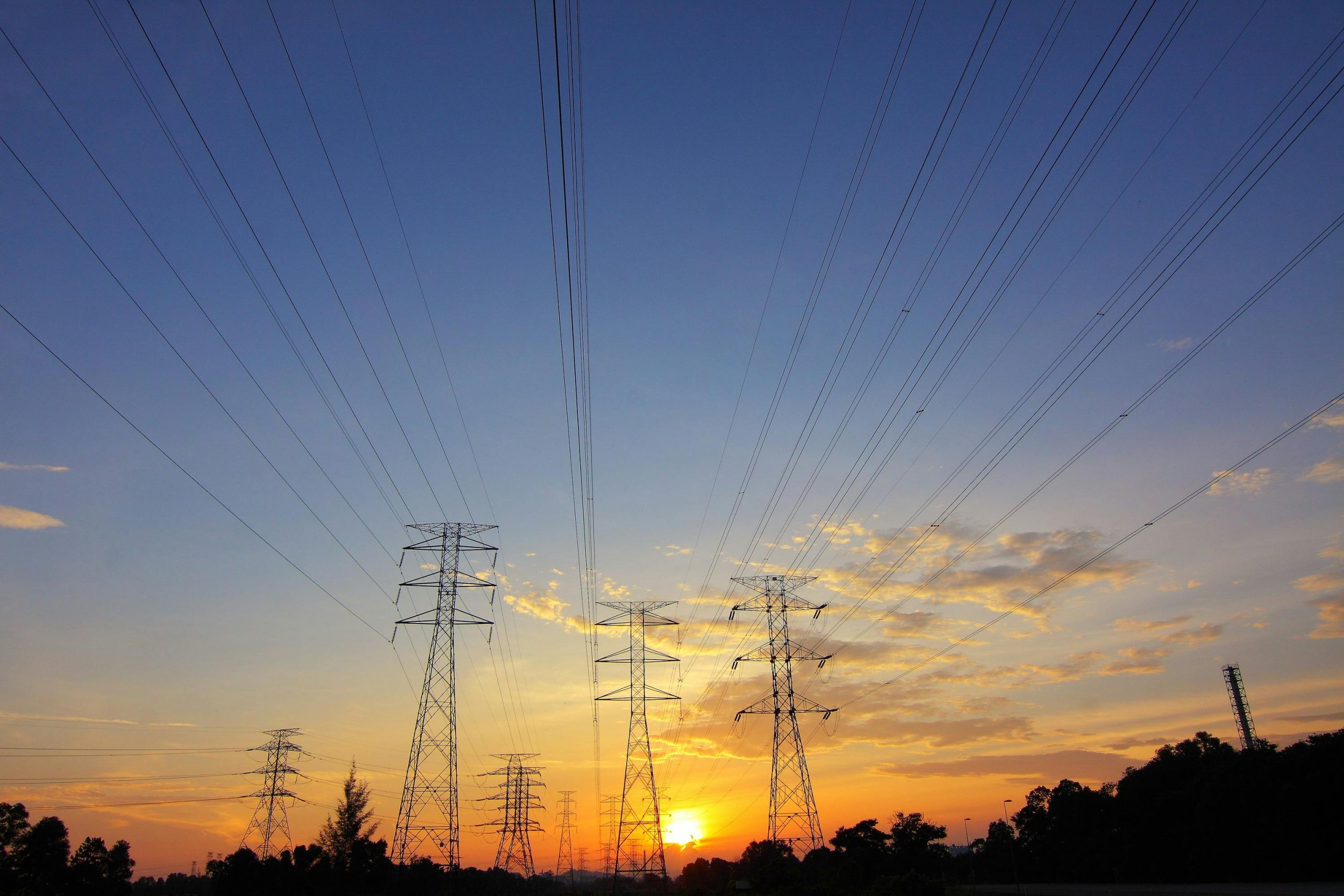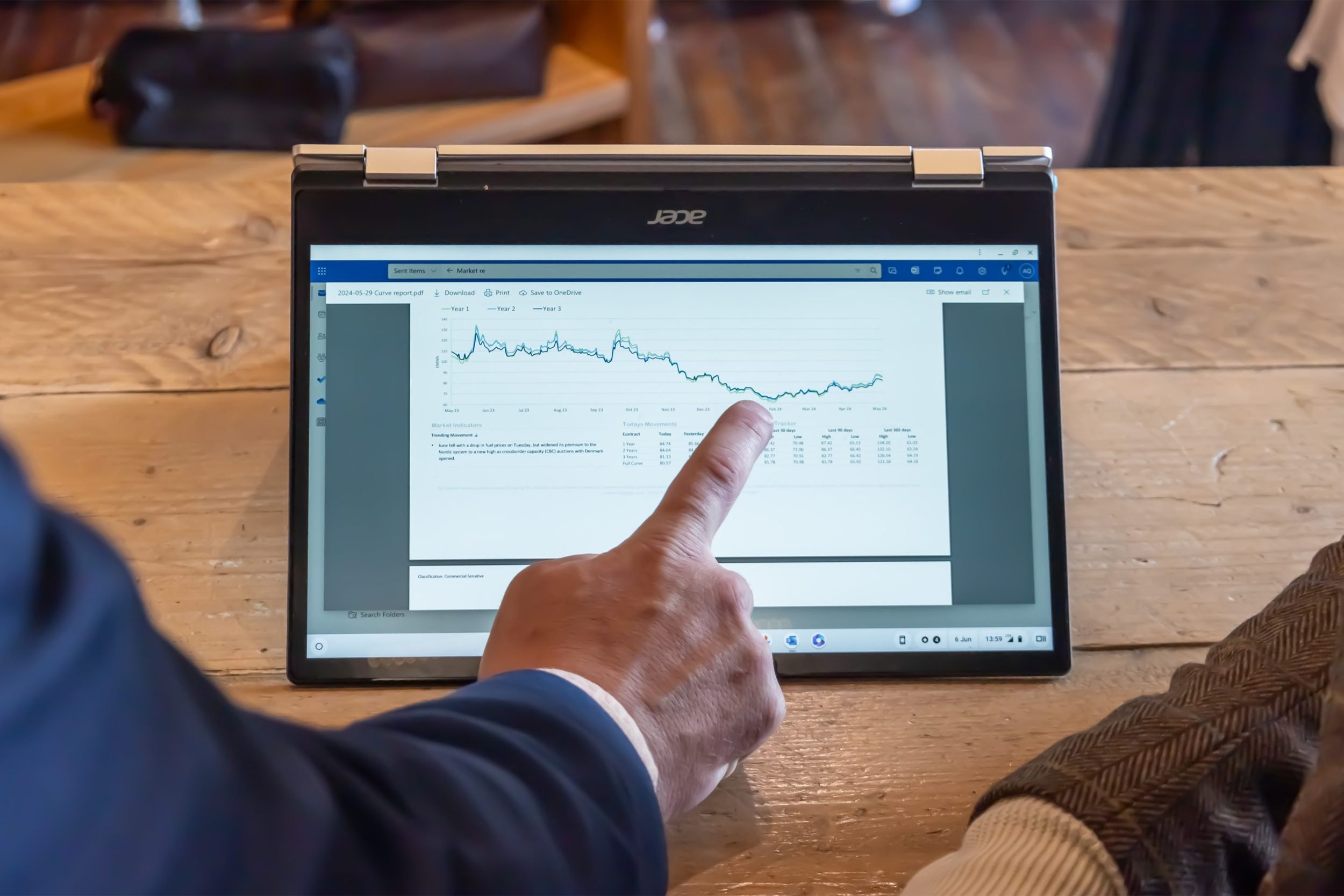A Letter of Authority (LOA) is a formal document that gives a third party, usually a business energy broker or consultant, the legal right to act on your behalf when dealing with energy suppliers. It’s an essential step when businesses want expert help managing their energy contracts.
Why is an LOA Needed?
Energy suppliers won’t release account information or discuss contract details with anyone other than the named account holder unless they have written permission. The LOA provides this permission, enabling brokers to:
- Obtain quotes and usage data
- Handle contract renewals or cancellations
- Negotiate better rates
- Switch suppliers on your behalf
Types of Letters of Authority
There are two main types of LOA commonly used in the business energy industry.
Soft LOA
A soft LOA allows the broker to access energy usage data and speak to the supplier about the account without authorising any binding changes to the contract. It’s mainly used for information gathering and initial negotiations.
Hard LOA
A hard LOA goes further by authorising the broker to make binding decisions on behalf of the business, such as switching suppliers or signing contracts.
Why should you avoid Hard LOAs
Hard LOAs give brokers extensive power, which can be risky if misused. 'Good' brokers usually do not ask for a hard LOA upfront because:
- It can lead to clients being switched without fully understanding or agreeing to the terms.
- It removes client control over important decisions.
- It increases the chance of miscommunication or unwanted contract commitments.
'Good' brokers prefer a soft LOA to build trust, provide transparent advice, and only proceed with binding actions after clients explicitly approve any contract changes.
How does an LOA Work?
- Signing the LOA: The business signs the LOA, authorising a specific broker or consultancy to represent them.
- Broker Contacts Suppliers: With the LOA, the broker legally accesses the business’s energy account details.
- Support & Procurement: The broker compares tariffs, finds the best deals, and manages the switching process—with client consent for any binding decisions.
- Non-Binding: Most LOAs are non-contractual, meaning you’re not committed to buying anything—just giving permission to gather information.
How long do LOA's usually last?
Most LOAs last 12 months, but always check.
Final Thought
A Letter of Authority simplifies managing your business energy by allowing trusted brokers to handle the paperwork and market research.
Just remember: a soft LOA protects your control and ensures transparency, while hard LOAs should be approached with caution. Always read the fine print and only work with brokers who respect your authority and trust.
At Honest, we always use Soft LOA's when working with clients. It's our job to give you all the information for you to make the most informed decision about your energy contracts - it's not up to us to decide for you.
Need our help? You can reach our team by phone on 0191 7208 238 or by email at info@honestltd.co.uk





















